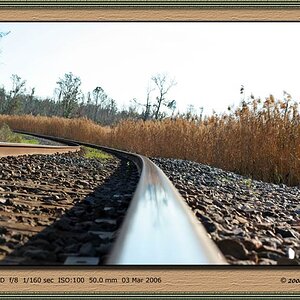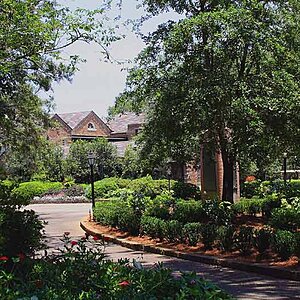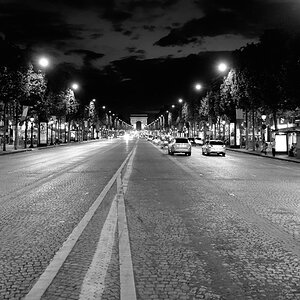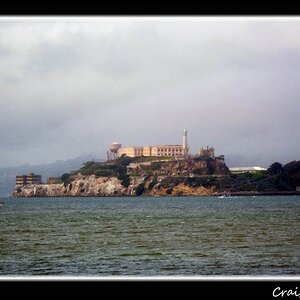- Joined
- Jun 9, 2013
- Messages
- 20,580
- Reaction score
- 12,709
- Website
- moderndinosaur.wordpress.com
- Can others edit my Photos
- Photos NOT OK to edit
A business degree is not wasted if it allows you to analyse and apply your knowledge to new fields. I originally did a degree in biochemistry. However, my first real job was in an engineering firm. I applied my knowledge of how to do research, how to look for interconnected processes, how to test and verify my hypotheses to develop what started as an essentially clerical job into one where we built a computer department essentially from scratch. In THAT job, I learned about the imprecision of known data, of the human foibles that torpedo well-laid plans, in the way management often lives in a different reality from that of the company they "manage". That knowledge was applied in a different field (software design) where we had to learn how to parse design ideas dreamed up by the marketing and design teams into something that was actually useful to the marketplace. And so it does.
In fact, the most powerful ideas are often those which are taken from one field and applied to a completely different one. Agility of imagination is often much more powerful than ability to memorize data and processes.
To that I would add "critical thinking" which is why a college degree is never a waste, regardless of whether or not it has a direct impact on employment. If you truly take advantage of your time there to learn new ways of understanding and interacting with the world, then you've got tools to help you no matter what direction you end up going in.



![[No title]](/data/xfmg/thumbnail/32/32003-70dfe149c27224e28ba98e975984e01e.jpg?1619735147)







